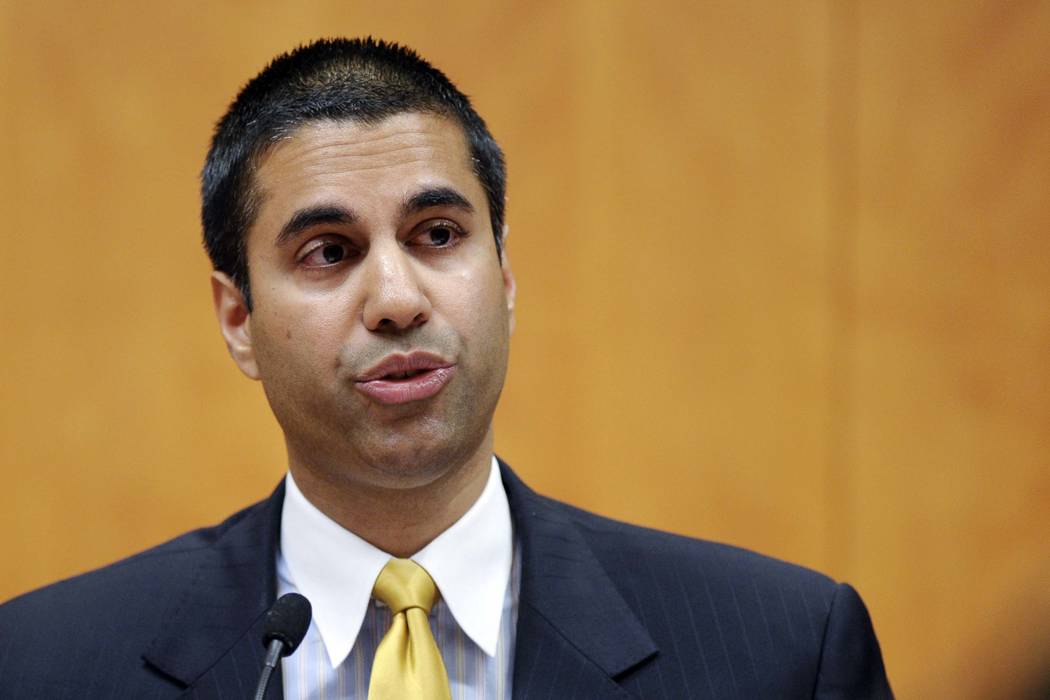FCC votes to end ‘net neutrality’ rules for internet
NEW YORK — The Federal Communications Commission has voted on party lines to undo sweeping Obama-era “net neutrality” rules that guaranteed equal access to internet.
The agency’s Democratic commissioners dissented in the 3-2 vote Thursday.
The FCC’s new rules could usher in big changes in how Americans use the internet. The agency got rid of rules that barred companies like Comcast, AT&T and Verizon from playing favorites with internet apps and sites.
The broadband industry promises that the internet experience isn’t going to change. But protests have erupted online and in the streets as everyday Americans worry that cable and phone companies will be able to control what they see and do online.
Net-neutrality supporters plan legal challenges. Some Democrats hope to ride that wave of public opinion into the 2018 elections.
FCC Chairman Ajit Pai, a Republican who said his plan to repeal net neutrality will eliminate unnecessary regulation, called the internet the “greatest free-market innovation in history.” He added that it “certainly wasn’t heavy-handed government regulation” that’s been responsible for the internet’s “phenomenal” development.
“Quite the contrary,” he said.
“What is the FCC doing today?” he asked. “Quite simply, we are restoring the light-touch framework that has governed the internet for most of its existence.”
Broadband providers, Pai said, will have stronger incentives to build networks, especially in underserved areas. Ending 2015 net neutrality rules, he says, will lead to a “free, more open internet.”
“The sky is not falling, consumers will remain protected and the internet will continue to thrive,” Pai said.
AT&T and other big internet service providers are applauding the FCC for unraveling sweeping net-neutrality rules that guaranteed equal access to the internet.
AT&T Senior Executive Vice President Bob Quinn said in a blog post Thursday that “the internet will continue to work tomorrow just as it always has.” Quinn says the company won’t block websites and it won’t throttle or degrade online traffic based on content.
The providers have argued that the overhaul will allow them to invest more money in broadband infrastructure over time, though it’s not clear how their claims will be measured.


















